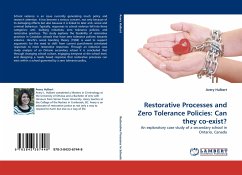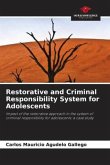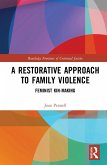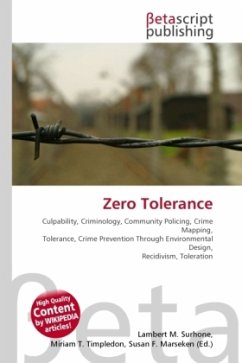School violence is an issue currently generating much policy and research attention. It has become a serious concern, not only because of its damaging effects but also because it is linked to later anti- social and criminal behaviour. Typically, responses to school violence fall into three categories: anti- bullying initiatives; zero tolerance policies; and restorative practices. This study explores the feasibility of restorative practices in Canadian schools that have zero tolerance policies towards violence. Hirschi's social bonding theory (1969) is used to support arguments for the need to shift from current punishment orientated responses to more restorative responses. Through an inductive case study analysis of an Ontario secondary school it is concluded that through changing school culture, engaging everyone at the school level, and designing a needs based response that restorative processes can exist within a school governed by a zero tolerance policy.
Bitte wählen Sie Ihr Anliegen aus.
Rechnungen
Retourenschein anfordern
Bestellstatus
Storno








